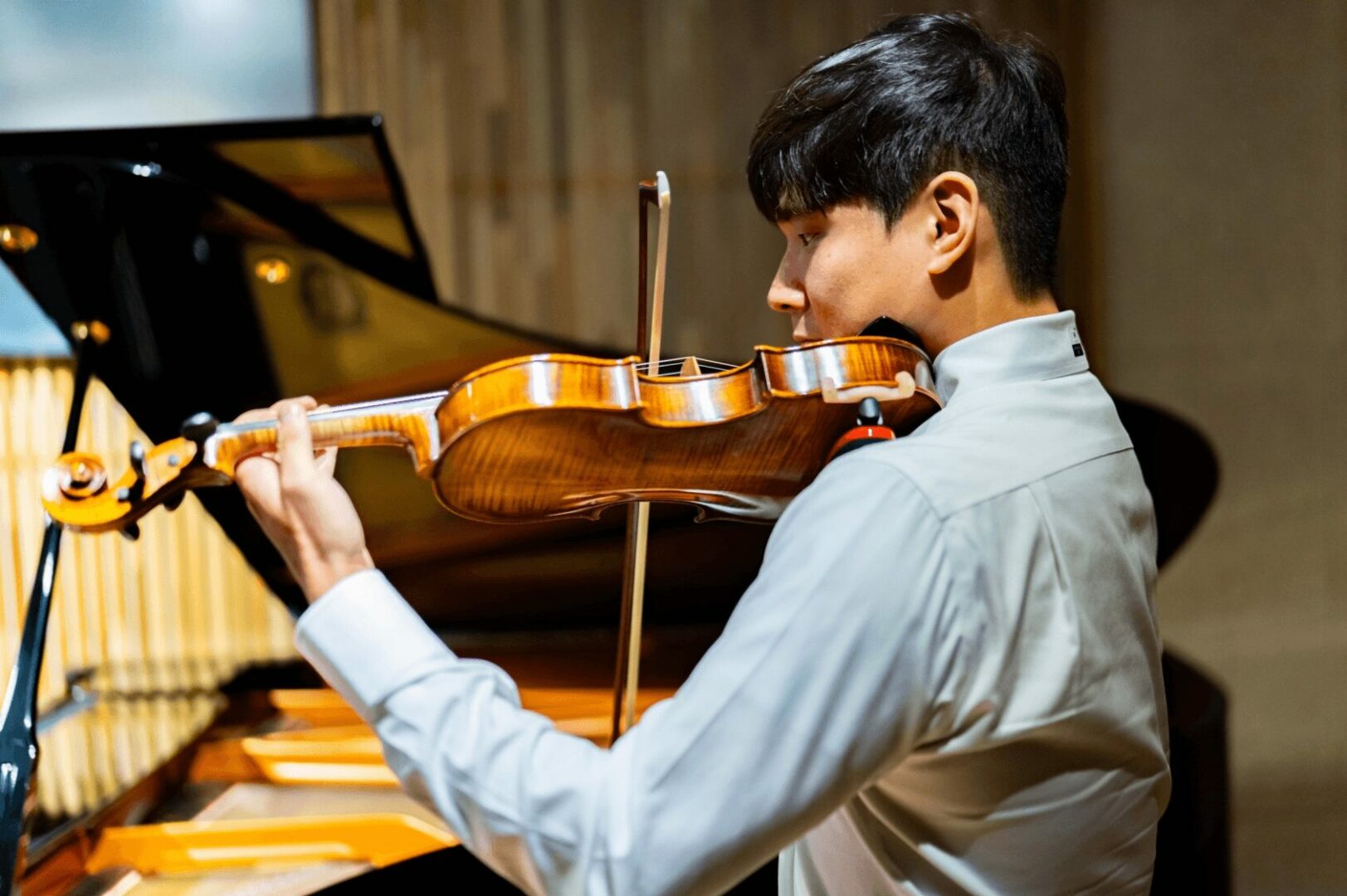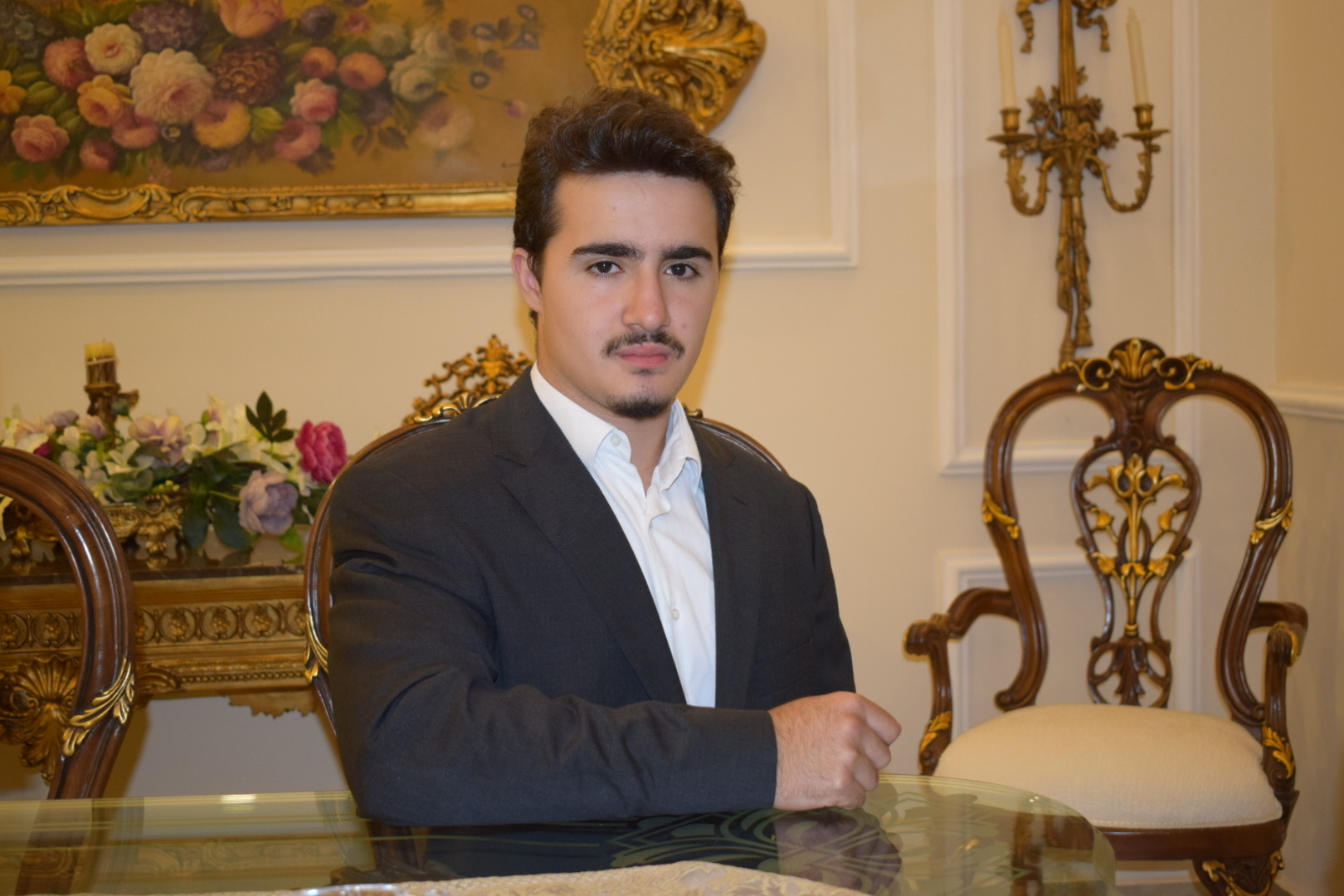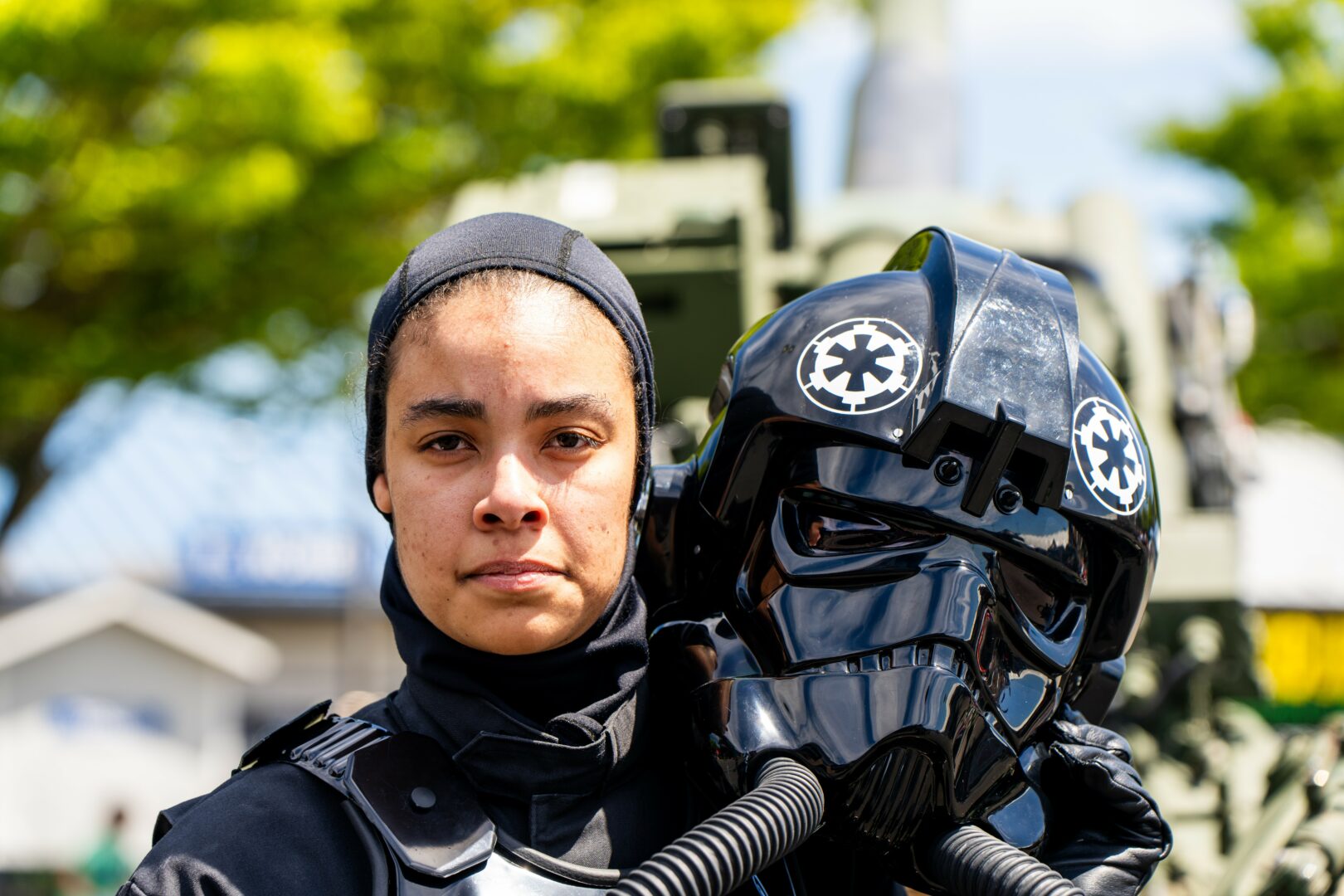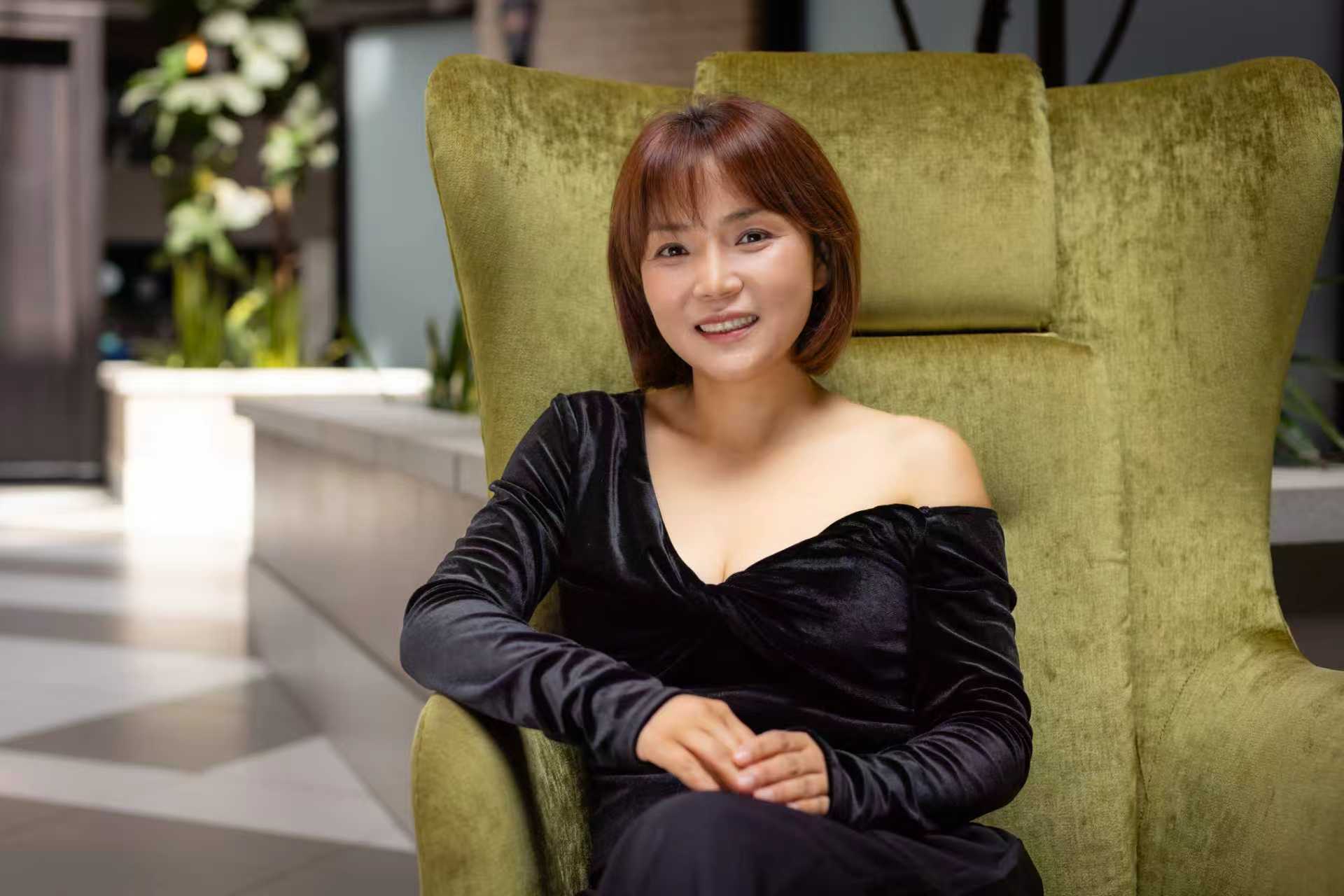We caught up with the brilliant and insightful Yeakun Yoo a few weeks ago and have shared our conversation below.
Hi Yeakun, great to have you with us today and excited to have you share your wisdom with our readers. Over the years, after speaking with countless do-ers, makers, builders, entrepreneurs, artists and more we’ve noticed that the ability to take risks is central to almost all stories of triumph and so we’re really interested in hearing about your journey with risk and how you developed your risk-taking ability.
Every decision in life inherently carries risk. Choosing one path always means giving up others — in that sense, life itself is a constant series of opportunity costs. I’ve learned that being overly cautious or delaying decisions out of fear often leads to stagnation. So, instead of waiting for perfect certainty, I focus on identifying a few key factors that truly matter to me. If a choice aligns with at least 60% of what I’m aiming for, I move forward with confidence.
It’s nearly impossible for any opportunity to meet all of my expectations. The remaining uncertainty is what I define as risk — and if that risk turns into a negative outcome, I treat it as part of my education. Each time something doesn’t go as planned, I analyze it, learn from it, and adjust. Over time, that process of taking imperfect steps, embracing uncertainty, and refining myself through experience has shaped my ability to take calculated risks and grow from them.
That’s why I believe the most important thing in dealing with risk is not to dwell too much on it, but to decide and move forward. Many people spend so much time thinking that they never take action — and as a result, they never see better outcomes. My favorite word in life is momentum. Once I make a decision and take the first step, I don’t hesitate. I keep going with steady momentum, no matter what happens. Whether the outcome is success or failure, I’ve always found that the process of moving forward itself brings growth, clarity, and new opportunities for improvement.
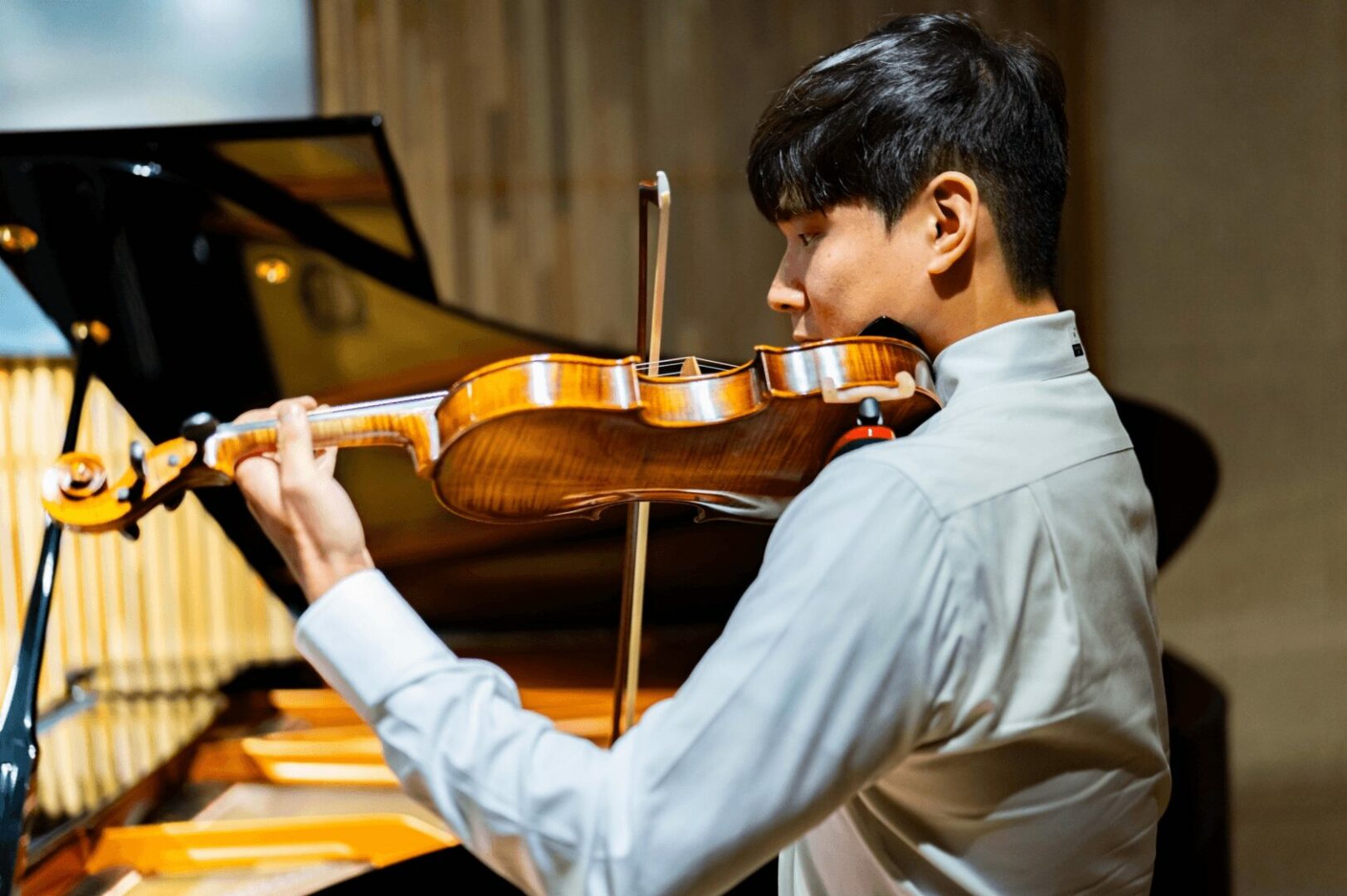
Let’s take a small detour – maybe you can share a bit about yourself before we dive back into some of the other questions we had for you?
I’m a film, television, and game composer, and also the founder of YK Music Productions, a full-service audio studio that collaborates with major studios and game developers across Korea, the U.S., and China. Over the past few years, our team has contributed to more than 700 projects, including AAA titles such as Lies of P, Lineage 2 Revolution, and Night Crows.
What I find most exciting about my work is the emotional storytelling that happens through sound. Music is not just an accessory to a film or game — it’s a living part of the narrative that connects deeply with the audience’s inner world. I’m particularly passionate about creating hybrid soundscapes that blend orchestral richness with modern textures, and exploring how cultural identity can be expressed through music in global entertainment.
YK Music is growing not only as a production house but as a creative ecosystem. We recently launched a Film Scoring Academy to mentor emerging composers and provide real-world training that bridges artistry and industry. This educational initiative reflects my belief that true creativity flourishes when knowledge and opportunity meet.
What makes our studio unique is our balance between artistry and precision — we pursue high-end production quality while maintaining a strong emotional core in every project. As we expand internationally, I’m excited to see our work connecting people across different cultures through sound, and to continue developing music that not only supports stories but becomes one itself.
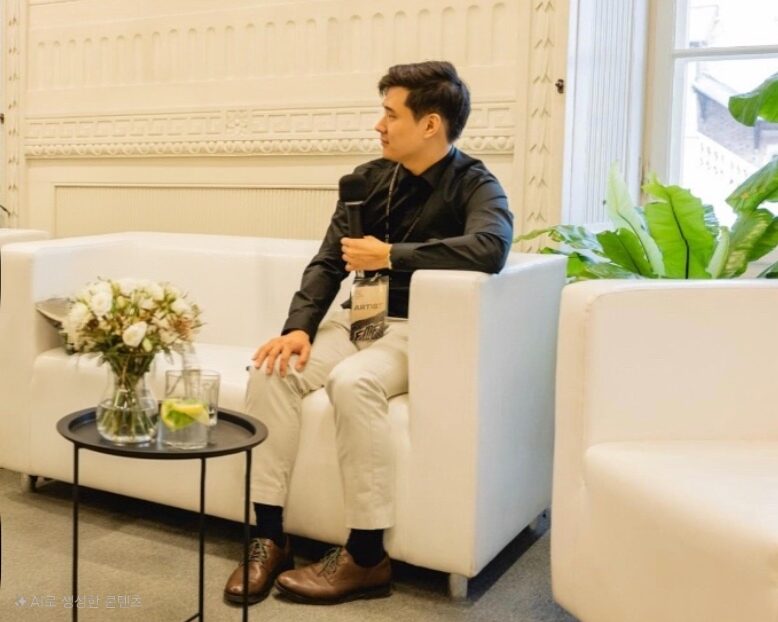
Looking back, what do you think were the three qualities, skills, or areas of knowledge that were most impactful in your journey? What advice do you have for folks who are early in their journey in terms of how they can best develop or improve on these?
When I look back on my journey — from studying film scoring at USC to building my own studio that now works with global clients — three qualities have been the most transformative: resilience, creative identity, and strategic thinking.
Resilience came first. When I moved from Korea to Los Angeles, I didn’t have any strong network or financial safety net. There were times I doubted myself, especially after graduation when major opportunities didn’t come right away. But those quiet years were actually when I learned the most — how to stay consistent, to keep writing music even when no one was listening yet. That resilience became the foundation of everything that followed.
The second is creative identity. During my early years, I was surrounded by incredible talent — composers who were technically flawless. I realized that what separates one from the crowd isn’t skill alone, but the ability to express something authentic. I began to fuse the sensitivity and emotion I grew up with in Korea with the cinematic storytelling I learned in the U.S. Over time, that fusion became my signature sound — something emotionally grounded yet globally relatable.
The third is strategic thinking. Creativity without structure easily burns out. When I founded YK Music, I didn’t just want to make music — I wanted to build a sustainable creative company. That meant understanding business management, contracts, taxes, leadership, and how to scale an artistic vision without losing its soul. I think this balance between artistry and strategy is what keeps a creator relevant in the long run.
For anyone early in their journey, my advice is this: don’t wait for perfect conditions. Start with what you have, make decisions, and build momentum. You’ll make mistakes — but that’s how you’ll discover your own sound, your own rhythm, and eventually, your own voice.
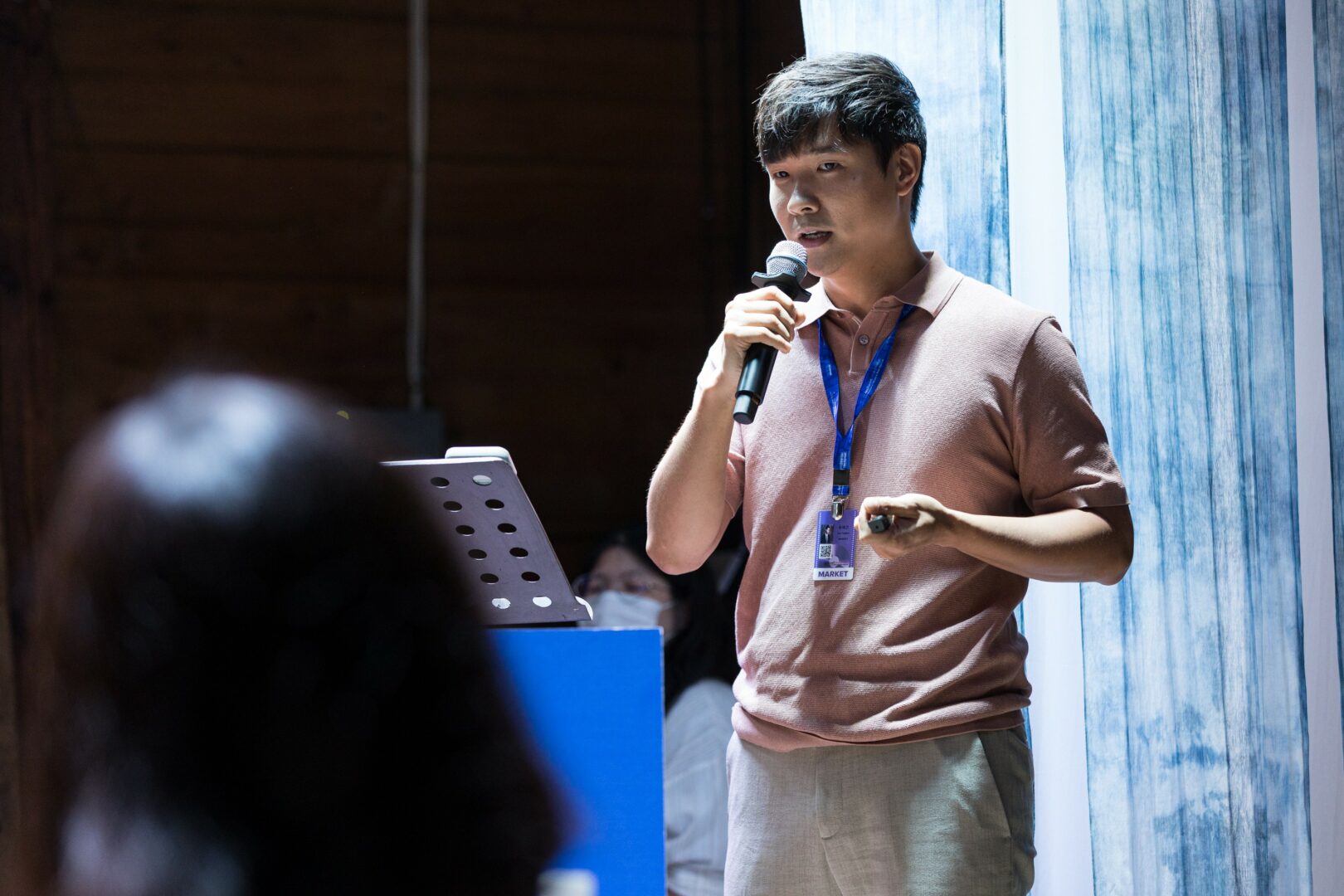
What’s been one of your main areas of growth this year?
Over the past 12 months, I’ve grown not only as a composer, but as a leader and thinker. I’ve started to see the world — and my work — through a much broader lens. As I met countless people from different industries and studied economics more deeply, I began to understand how everything around us — politics, finance, global events — ultimately shapes the creative world we live in. The film and game industries don’t exist in isolation; they move with the global economy.
That realization changed the way I think and make decisions. I used to spend most of my time buried in my studio, focused purely on composition. But now, I approach my career more holistically — as an artist, entrepreneur, investor, and educator. I’ve learned that in this era, those who can move fluidly between art and business, between creativity and strategy, are the ones who will truly thrive.
This shift in mindset — from seeing myself as only a composer to seeing myself as a multidimensional creator and leader — has been my biggest growth. It’s helped me make more confident decisions, lead my team with greater clarity, and align my artistic vision with long-term sustainability.
Contact Info:
- Linkedin: https://www.linkedin.com/in/yeakun-yoo-2b471b135/
- Soundcloud: https://soundcloud.com/yeakunyoo
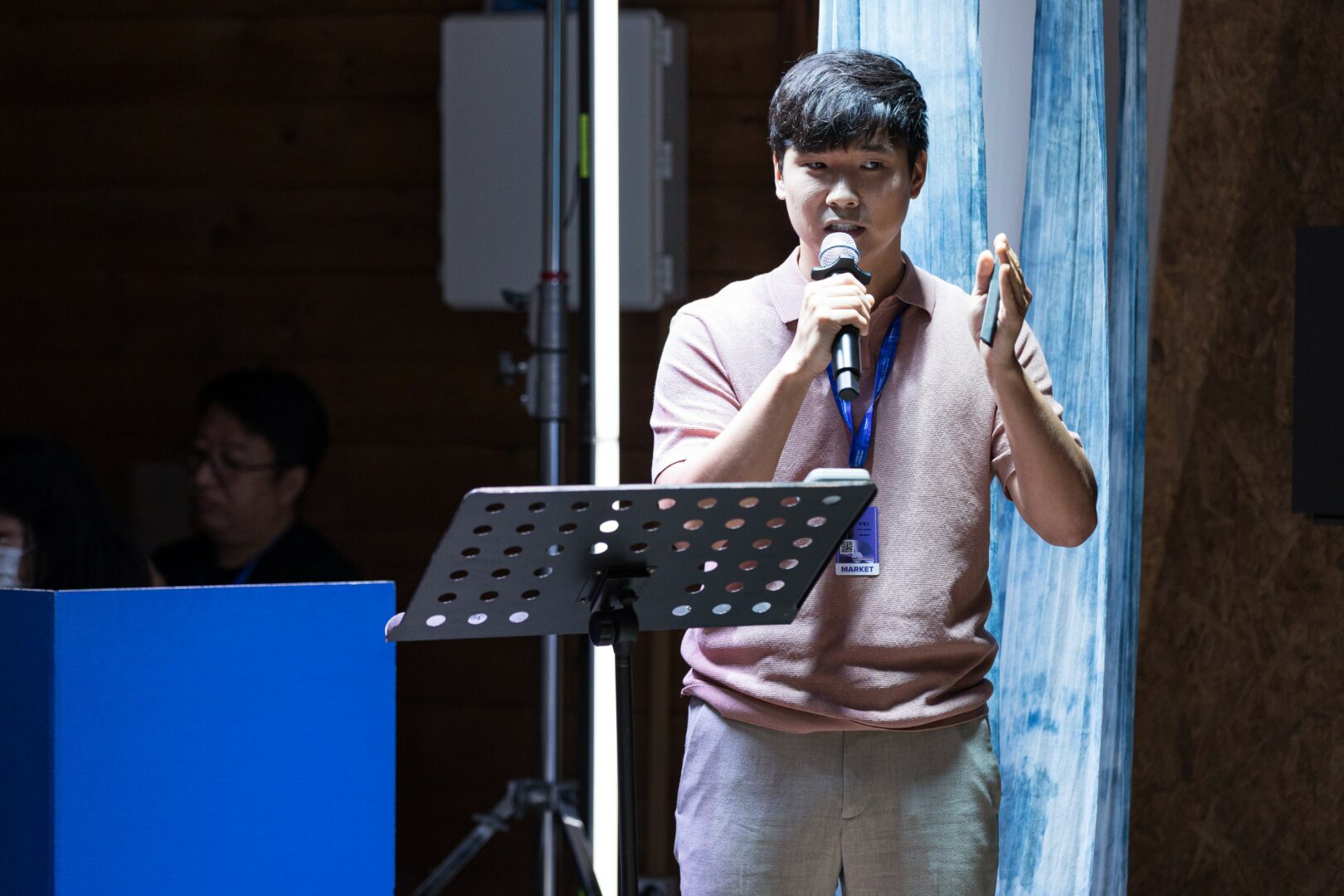
so if you or someone you know deserves recognition please let us know here.

